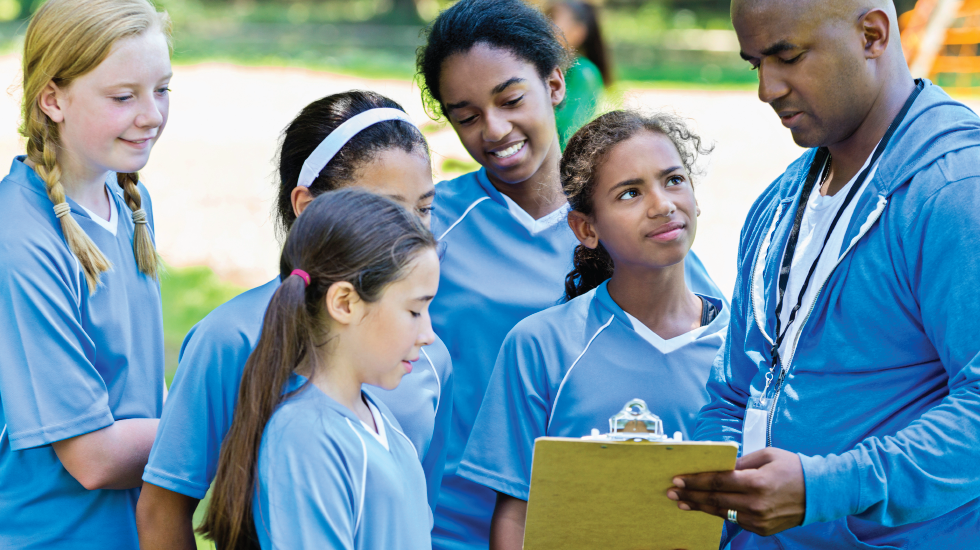
Programs that take place before or after school – featuring academics, sports, arts, engagement with nature, or other enrichment activities – play a vital role in the formation of young people. Researchers, policymakers, and practitioners increasingly recognize that quality out-of-school offerings must be anchored in social-emotional development.
As interest in social and emotional learning (SEL) has grown, so have questions regarding effective practice and the relationship of SEL to other out-of-school time concepts. A comprehensive publication, released in 2018, provides relevant perspectives on SEL in a variety of out-of-school contexts, examines ways to align SEL in these settings with formal education, and explores how quality practice contributes to SEL development. The book, titled Social and Emotional Learning in Out of School Times: Foundations and Futures, was edited by two respected researchers – Elizabeth Devaney of the Children’s Institute at the University of Rochester and Deborah A. Moroney of the American Institutes for Research.
The editors invited Rebecca Goldberg, Senior Program Officer in the Education Program at the S. D. Bechtel, Jr. Foundation, to author a chapter on the ways grantmakers can support adoption of quality SEL practices. Rebecca in turn involved two foundation professionals with relevant experience – Haviland Rummel Sharvit, Executive Director at the Susan Crown Exchange, and Polly Savitri Singh, Senior Program Officer at The Wallace Foundation, to co-author the chapter. Each author profiled the strategy and approach of its organization. Collectively, these co-authors illustrate the growing movement of funders advancing social-emotional learning in out-of-school time, and point to opportunities for other grantmakers to fuel greater scope, quality, and impact with SEL practices.
Rebecca’s contribution drew on the S. D. Bechtel, Jr. Foundation’s historic involvement with youth character development, leading to a large-scale, multi-year, National Character Initiative. This six-year, $126 million effort launched in 2014 and focuses on helping youth development organizations advance the practices of adults who work with young people. It involves investments in quality and infrastructure as well as peer learning grounded in evidence-based practices. Grantees are sharing their experience and strategies on multiple aspects of their work: collecting and using data for continuous improvement; scaling and sustaining improved practice; ensuring that program approaches embrace diversity, equity, and inclusion; training staff on character development and SEL; and measuring character development and SEL in adults and youth.
The Foundation’s work will conclude in 2020, with hopes that its investments in helping the nation’s leading youth development organizations improve adult practice will yield more and better character development opportunities for young people for generations to come.
